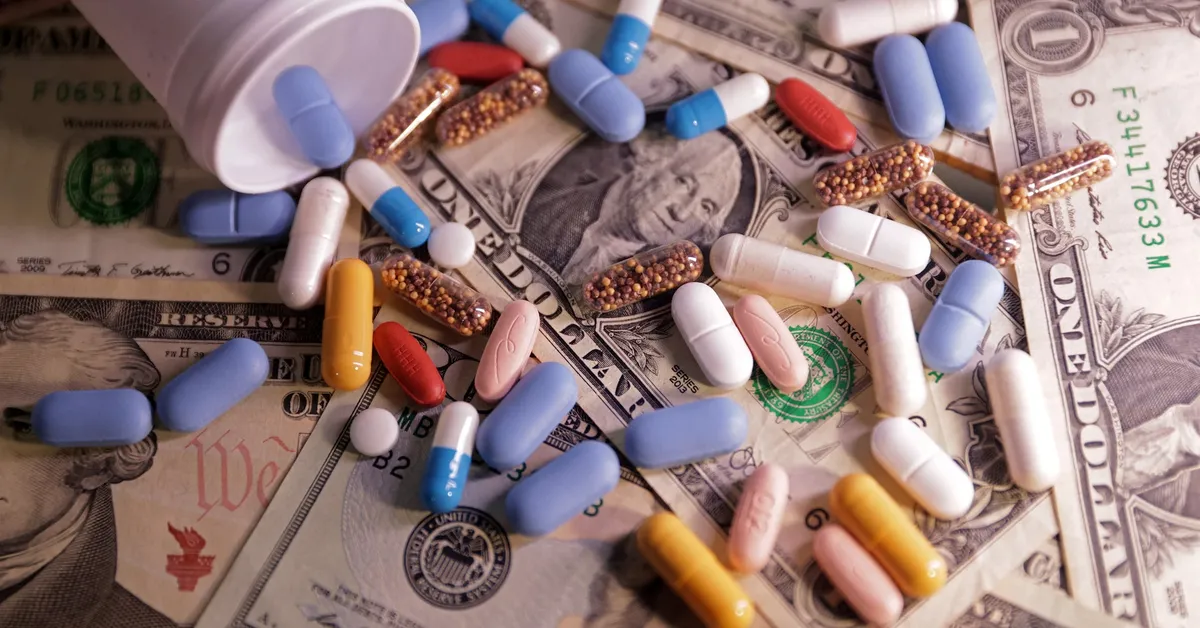
In a significant development, drugmakers are actively lobbying U.S. President Donald Trump to implement tariffs on imported pharmaceutical products in a phased manner. This strategy aims to mitigate the immediate impact of the tariffs and provide the industry with sufficient time to adjust its manufacturing operations. According to multiple sources familiar with the ongoing discussions, President Trump is anticipated to unveil a comprehensive tariff plan this Wednesday.
On Sunday, Trump indicated that the forthcoming reciprocal tariffs would apply to all nations, expanding beyond the initial scope of 10 to 15 countries that exhibit the largest trade imbalances with the U.S. Notably, the pharmaceutical sector has been previously exempt from such tariffs, but Trump has signaled his intention to include it in his upcoming measures against various industries.
The sources, who requested anonymity due to the sensitive nature of the discussions, expressed that while Trump is not expected to provide specific details regarding pharmaceutical tariffs this Wednesday, the largest multinational pharmaceutical companies are bracing for inevitable U.S. tariffs targeting medical products. The industry is advocating for a gradual increase in the proposed 25% tariff rather than an immediate implementation. This incremental approach would allow companies to adapt more effectively to the new economic landscape.
One insider mentioned that the idea of a staggered tariff ramp-up is gaining traction within the pharmaceutical industry. Trump might also announce a study examining how these industry-specific tariffs could be structured, according to several sources involved in the discussions.
While the situation is evolving, the pharmaceutical sector holds onto the hope that any initial announcement regarding tariffs will reflect a rate lower than the 25% previously threatened by Trump. The White House has not yet responded to requests for comment on the matter.
As the Trump administration appears to acknowledge the complexities involved in relocating drug manufacturing back to the U.S., there is a growing sense of optimism among industry stakeholders that the president may be open to a gradual implementation of tariffs. Drug manufacturers have voiced concerns that such tariffs could exacerbate existing drug shortages and limit patient access to essential medications.
Despite these challenges, Trump has maintained that increasing domestic drug manufacturing is crucial to reducing reliance on foreign supplies. Another lobbyist within the pharmaceutical sector noted that compliance with U.S. regulations, which mandate public comment periods for federal laws, could potentially delay the implementation of the new tariffs.
Currently, many pharmaceutical companies produce the active ingredients for their products primarily in Europe. In anticipation of the upcoming tariff announcement, some firms have resorted to expediting shipments of medicines to the U.S. via air, as reported by Reuters last week. Several large European drugmakers have acknowledged that their products will be affected by any tariffs imposed on the EU, given that substantial portions of their manufacturing occur outside the U.S.
An executive from one of the European firms indicated that while scaling up domestic production of medicines currently made overseas could be achieved relatively quickly, establishing new manufacturing lines at U.S. plants for products primarily sourced abroad would require a minimum of two years to complete.
As the pharmaceutical industry navigates these complex and uncertain waters, the outcome of Trump's tariff plan will undoubtedly have significant implications for both drug manufacturers and patients across the United States.